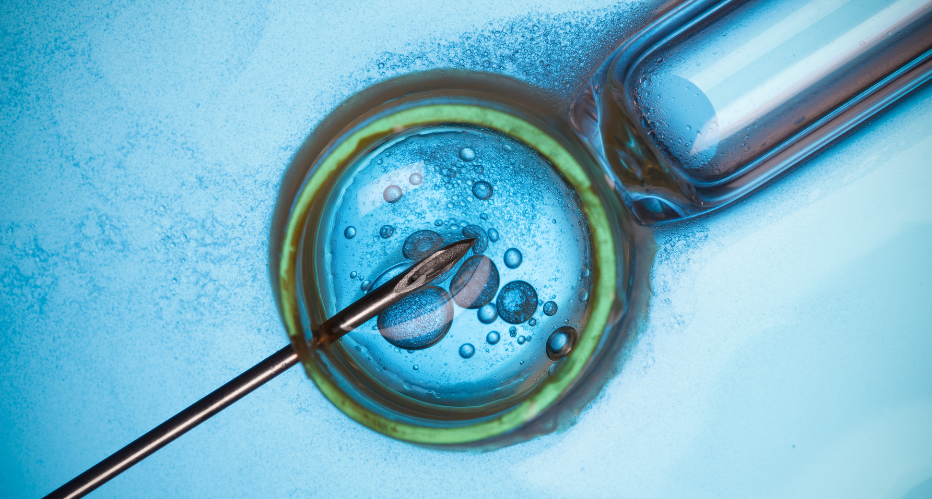Gestational Carrier Agreements: 6 Things to Know
In a pregnancy, a gestational carrier has a role similar to a traditional surrogate. The difference is that the gestational carrier is not genetically related to the child. Before pregnancy, an embryo is fertilized using the egg and sperm of the intended parents or of donors the parents choose.
The relationship between intended parents and the gestational carrier is vital. The intended parents will typically pay all pregnancy-related medical costs for the gestational carrier. She, in turn, is obligated to undertake all necessary care for a successful pregnancy.
Gestational carriers often have a strong relationship with the intended parents. They may develop a bond that lasts a lifetime. Even so, it is vital that the rights and responsibilities of each party to the pregnancy are clear. Families must have a gestational carrier contract. The contract is developed before the embryo is implanted and the pregnancy begins.
Here’s what to know about these agreements:
A Gestational Carrier Agreement is Legally Binding
The gestational carrier agreement is a legally binding contract with the same force of any other contract you might enter into. The reason these agreements are so detailed is to ensure that, if there are any unexpected developments or conflicts, they can be resolved in a way everyone has consented to.
The Gestational Partner’s Spouse, if Any, is a Party
If the gestational carrier has a spouse, that person will usually be a party to the contract. Both the carrier and spouse will almost always be represented by the same attorney. This is an ordinary part of safeguarding the gestational carrier’s interests. It doesn’t give the spouse any rights over the newborn child.
The Agreement Sets Out the Parameters of the Relationship
The agreement spells out what to do about potential areas of contention, such as whether the gestational carrier will have any contact with the child after birth. It is normal to find mutually agreeable solutions to these issues. If the parents and gestational carrier can’t agree, the pregnancy does not go forward with that carrier.
The Agreement Confers Control Over Medical Decisions
The most challenging part of any gestational carrier agreement has to do with medical decisions. The intended parents are generally given full responsibility for medical decisions affecting the pregnancy. However, there may be situations – such as life-threatening danger – whether the gestational carrier or her spouse may step in.
Parents Pay for All Attorneys – and They Are a Necessity
To maintain a strong and positive relationship between all parties, attorneys manage the details of negotiating the agreement. You tell your attorney your needs and receive counter-offers directly through them. It is almost always the responsibility of the intended parents to pay the gestational carrier’s attorney fees, too.
The Agreement Facilitates the Declaration of Parentage
When using the help of a gestational carrier, you must obtain a court order of legal parentage. The order directs the hospital of birth to treat the intended parents’ as the parents and forward paperwork to the vital records department to place the intended parents’ names on the birth certificate. The intention to request an order should be included in the agreement. The actual process of getting it begins after the first trimester.
Developing and confirming the gestational carrier agreement may seem intimidating. Still, it is for everyone’s benefit: Yours, your child’s, and the gestational carrier. For many families, the next nine months just seem to fly by once the agreement is finalized!












